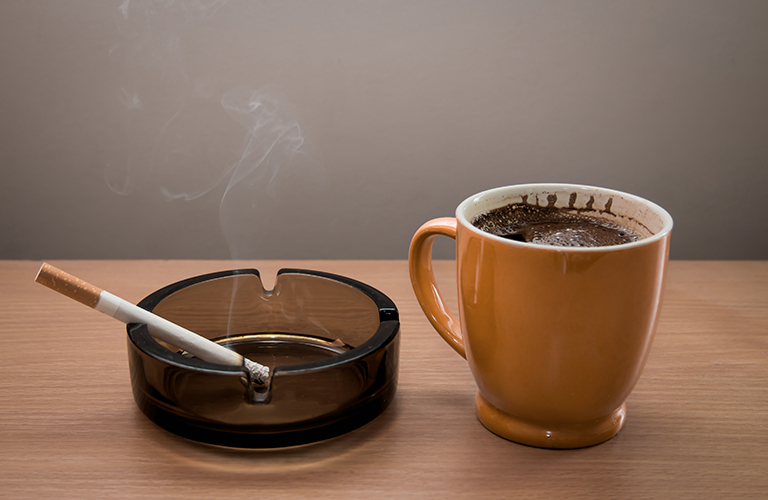
Cooperative and Condominium Directors and Managers:
There was a collective sigh of relief last week when the Appellate Division, First Department – the New York appellate court whose jurisdiction includes Manhattan and the Bronx – unanimously reversed the lower court’s decision in Reinhard v. Connaught Tower Corp. and vacated an award of substantial damages to a cooperative’s shareholder who claimed that the use of her apartment had been impeded by the infiltration of second-hand cigarette smoke. The Appellate Division did not eliminate the liability of a cooperative or a condominium for second-hand smoke; however, it did indicate that such liability may be subject to reasonable limitations.
The lower court in Reinhard had ruled that the shareholder, who claimed that she had never been able to use her apartment because of the infiltration of smoke from another apartment, was entitled to a 100%, 8 year maintenance abatement totaling in excess of $120,000 (in addition to reimbursement of her legal fees). Broadly construed, the lower court’s decision could be interpreted as requiring cooperative and condominium boards to ensure that apartments are virtually smoke-free.
In reversing the lower court’s decision, the Appellate Division found that, in order to prevail, the shareholder had to provide sufficient evidence that the odor of cigarette smoke rendered her apartment uninhabitable – which she had failed to do. The court noted several shortcomings with the shareholder’s evidence, namely, the source of the smoke was never identified and the shareholder only occasionally stayed in the apartment, which she kept as a pied-a-terre while she resided primarily out of state. There was no evidence that the smoke was consistently present or so sufficiently pervasive as to “materially affect the health and safety” of the apartment’s occupants.
The Appellate Division’s decision is certainly beneficial to cooperative and condominium boards faced with claims involving second-hand smoke. It indicates that, in order to be successful, claimants will have to produce meaningful evidence. However, the decision should not be taken to indicate that cooperatives and condominiums are off the hook for second-hand smoke claims. Under the right set of facts, cooperatives and condominiums may still risk significant liability if they do not ban or strictly regulate smoking in their buildings either through interpretation of an existing lease provision, house rule or by-law addressing nuisance activities and odors, or through adoption of a new lease, house rule or by-law specifically addressing smoking.
It is important that condominium and cooperative boards review their legal options regarding smoke and other odors. Complaints by residents should not go unheeded. A complaint should receive a prompt, effective and aggressive response from the board and management to compel the originator of the smoke or other odor to mitigate the smell or to cease smoking.
If you would like to discuss your building’s rules surrounding smoke and odor infiltration, and your strategy for dealing with the issues, please contact your Cooperative and Condominium counsel at Smith, Gambrell & Russell, LLP.


“Under the right set of facts…” you say. Seems to me that without elaborating you’re merely pushing an agenda. The bar for prevailing in these secondhand smoke cases is obviously high enough, considering the many similar cases that have ended in the same result, that there ISN’T any imperative to ban smoking in coops and condos.